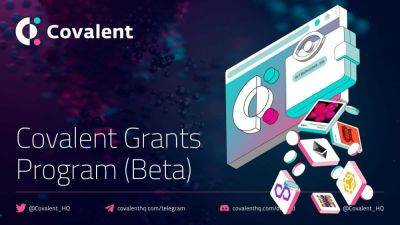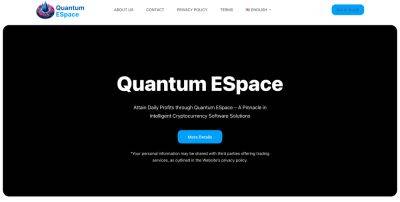ChatGPT-4.0 Showcases Potential in Neurology with Impressive Exam Results
ChatGPT-4.0, which was developed by OpenAI, has reached a critical milestone in the interface of artificial intelligence and medicine. In a proof-of-concept research that was conducted not too long ago, ChatGPT-4.0 was able to show its skills by passing a clinical neurology test with an astonishing 85 percent of the questions being answered correctly. In the course of an experiment that was carried out by researchers from the University Hospital Heidelberg and the German Cancer Research Centre, this remarkable performance was seen.
Using information obtained from the American Board of Psychiatry and Neurology as well as the European Board for Neurology, the clinical neurology exam was developed with the purpose of evaluating the level of expertise that the AI has in this particular area of expertise. The performance of ChatGPT-4.0 was much superior than that of its predecessor, ChatGPT-3.5, which received a score of 66.8%. It even beat the average score of 73.8% that humans get. This accomplishment demonstrates that the model has advanced skills in areas that are associated with the behavioural, cognitive, and psychological components of neurology.
Although ChatGPT-4.0 was successful, its performance revealed that there are still some areas that may be improved. In comparison to activities that only needed lower-order thinking, the outcomes of both variants of the model were shown to be less effective when it came to challenges that required higher-order thinking. This discovery is in line with a more widespread awareness in the area of artificial intelligence, which acknowledges the possibility of future improvements in the cognitive capabilities of the models at issue.
Large language models (LLMs) such as
Read more on blockchain.news





















